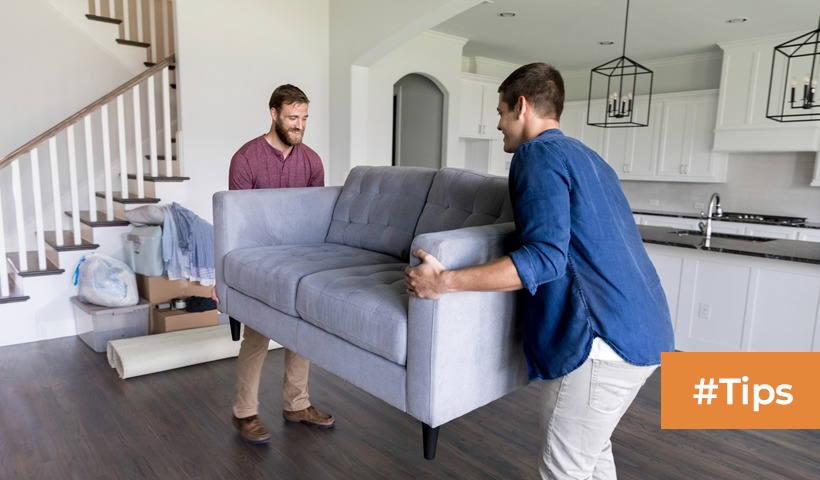Marine Plywood: The Ultimate Guide!
Marine plywood, also known as marine-grade plywood, is a type of high-quality plywood that is specifically designed for use in marine and water-based applications. It is made from durable wood species that have a natural resistance to rot, decay, and moisture, such as teak, mahogany, or Douglas fir.
Marine ply is typically made with more plies or layers of wood than standard plywood, which makes it stronger and more stable. It also has a waterproof adhesive that is used to bond the layers of wood together, making it resistant to water damage and delamination.
Marine plywood is commonly used in boat building, docks and piers, outdoor furniture, and other applications that are exposed to moisture and water. It is important to note that not all plywood labeled as “marine grade” is of the same quality, so it’s essential to verify the manufacturer’s specifications and ensure that it meets the required standards for your specific application.
Marine plywood and standard plywood are two types of plywood that differ in their construction, strength, and resistance to moisture. Here are some key differences between marine plywood and standard plywood:
- Construction: Marine plywood is made from high-quality wood species that are naturally resistant to decay and moisture, such as teak or Douglas fir. It has more plies than standard plywood, typically around 9 to 13 plies, which makes it stronger and more stable. On the other hand, standard plywood is usually made from lower-grade woods and has fewer plies, typically around 3 to 7 plies.
- Adhesive: Marine plywood is bonded with waterproof adhesive that is specifically designed to resist water, while standard plywood is typically bonded with a weaker, interior-grade adhesive.
- Strength: Marine plywood is much stronger and more durable than standard plywood, thanks to its construction and high-quality materials. It is designed to withstand harsh marine environments and can support heavier loads than standard plywood.
- Moisture Resistance: Marine plywood is highly resistant to moisture and can withstand prolonged exposure to water without warping or delaminating. Standard plywood, on the other hand, is prone to water damage and can easily warp or delaminate when exposed to moisture.
- Cost: Marine plywood is more expensive than standard plywood due to its higher quality materials, construction, and adhesive. However, the added cost is worth it for applications where strength, durability, and moisture resistance are essential.
Overall, the main difference between marine plywood and standard plywood is that marine plywood is designed for use in water-based environments and has superior strength and moisture resistance, while standard plywood is suitable for a wide range of applications but is less durable and prone to water damage.
Disclaimer: The views expressed above are for informational purposes only based on industry reports and related news stories. PropertyPistol does not guarantee the accuracy, completeness, or reliability of the information and shall not be held responsible for any action taken based on the published information.





Trojan Plywoods – The best plywood brands in India have been identified by Trojan Ply. These companies are renowned for the high calibre and dependability of the plywood items they manufacture. The best plywood manufacturers in India are highlighted by Trojan Ply because of their durability, strength, and adaptability in a wide range of uses. These manufacturers provide a wide selection of plywood alternatives to suit various requirements, making them a well-liked solution for building, furniture and interior projects.